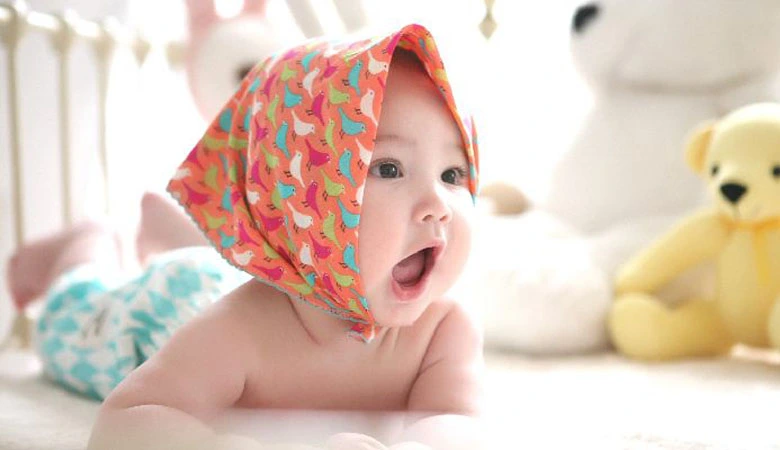10 Things To Do Before Having A Baby
- 10 Things To Do Before Having A Baby
-
- UPDATED APRIL 08, 2024

by Tasha Mayberry
297 shares
Pregnancy and childbirth are confusing times for a woman. Hormones are running amok, emotions are high, and the advice you get from everyone from your mother, to your sister, to the supermarket cashier are often conflicting, and confusing. That’s why we put together this list of things that you need to do before you have your baby.
1. Enjoy It!
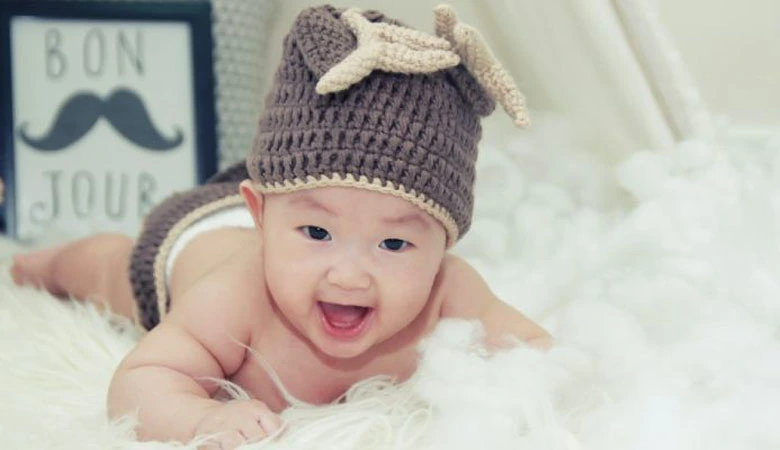
Firstly, having a baby is an exciting time. Make sure you take some time out to just enjoy your pregnancy. There are ways to increase your bond with your baby while it’s still in the womb. Listening to music, reading, and talking out loud to your baby are all good ways to relax and bond with you baby.
2. Make Lists
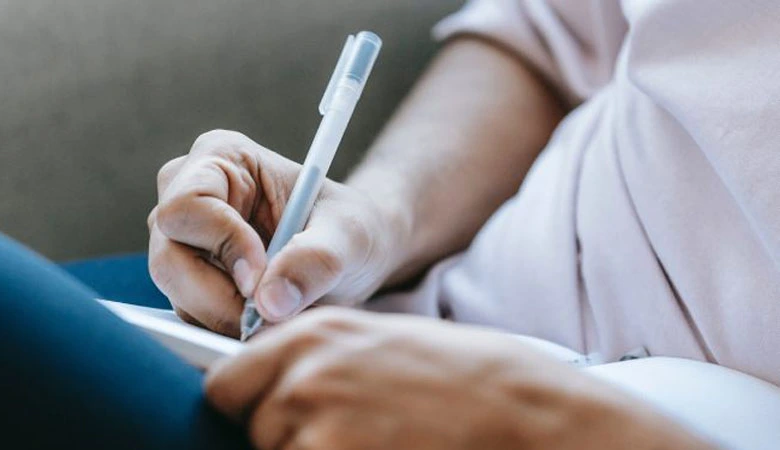
So many people will tell you to make lists during your pregnancy. It’s not actually bad advice. One of the things you should do is to make a list of things that are absolutely essential for your baby, and then make a second list of things that aren’t essential, but would be nice. Don’t be too harsh with yourself on what you consider to be essential either, but do try to work within your budget.
Essentials might include things like:
- Sleepsuits
- Vests
- Blankets
- Cot
- Cot mattress
- Cot bedding
- Baby monitor
- Pram
- Car seat
- Bath seat
- Bottles
- Steriliser
- Socks
- Clothes
- Toiletries
Things that you would like to have might include things like:
- Moses basket
- Moses basket bedding
- A baby carrier
3. Decorate The Nursery
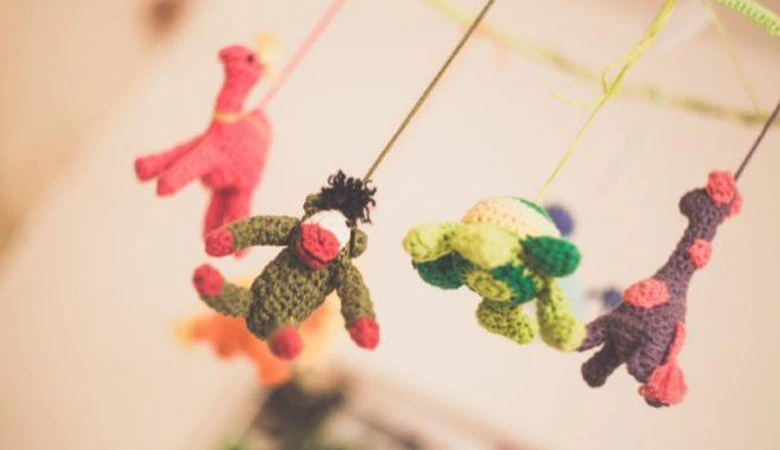
Decorating the nursery is one of the most fun parts of baby preparation. You can spend some time deciding on any themes, colours and furniture you would like, but the painting should be done at least eight weeks before your due date. You should leave the windows open to ventilate the room as often as possible too. One thing many new parents forget when decorating the nursery is that you will need storage. Babies need a lot of stuff, so storage is incredibly important.
4. Baby-proof Your Home
Newborns won’t need a completely baby proofed home. They’re going to be spending much of their time sleeping or eating. However, baby proofing your home is still a great idea. It will help you get used to putting things out of reach, keeping stair gates closed, and taking other safety precautions before your baby turns into a toddler.
5. Write A Birth Plan
A birth plan is a guideline to how you would like your labour and delivery to go. Decide who is going to be with you in the delivery room, what kind of pain relief you would like, and when you want skin-to-skin contact with your baby. Your midwife can guide you through the options, but you should make sure you weigh up the pros and cons of each.
As you’re writing your birth plan, you should also pack your hospital bag, and a hospital bag for your baby. You’ll need:
- Night clothes
- Dressing gown
- Slippers
- Clothes
- Toiletries
- Socks
- Disposable underwear
- Maternity pads
- Nursing bra
- Breast pads
Your own list might also include snacks, drinks, massage oils. Think about what is important for you to have during any hospital stay.
You’ll also need to have 2 or 3 sleepsuits, 2 or 3 vests, a hat, baby socks, nappies, cotton wool, a baby blanket, a going home outfit, and a car seat for your baby’s bag.
6. Practice With Your Car Seat
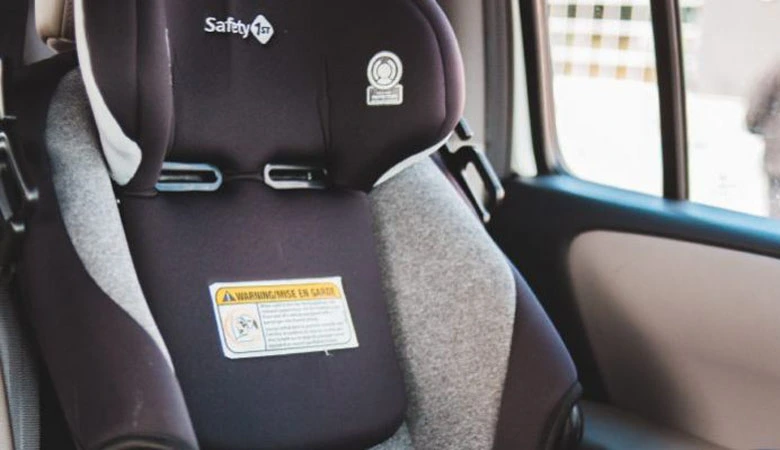
A car seat is one of the most important pieces of safety equipment you will buy for your baby. Some hospitals won’t allow you and your baby to leave by car without one. Buy your car seat a few weeks before your baby arrives. This gives you time to practice securing it in the car, taking it out and putting it back in again.
Car seats can be awkward at first, and they can take some getting used to. Use the opportunity to get to know how to manoeuvre yours.
7. Think About Feeding Your Baby
You’ll also need to think about how you want to feed your baby. If you’re going to breastfeed, then you’ll still need to invest in 3 or 4 good quality nursing bras, and a good nipple cream. If you’re going to mix breastfeeding and bottle feeding breast milk, you’ll need a breast pump, bottles, teats and a steriliser. If you’re going to formula feed, you’ll need bottles, teats, steriliser, and a formula.
You’ll also need muslin squares to help protect your clothes from spit up.
8. Wash All Baby Items
Babies have very sensitive skin, so absolutely everything needs to be washed beforehand. As you will have a lot of baby items, this can seem a little overwhelming, so separate everything into tasks. Wash all the bedding items one day, and wash sleepsuits, vest and clothes another day.
9. Talk To Your Support Network
Talk to your support network about what you want your first few days or weeks at home with your baby to look like. If your friends and family want to help out, give each one a task. Perhaps someone could cook for you, another may be able to help with laundry. However, if you want to spend the first days at home alone with your baby, tell them. Ask that they give you and baby some time to bond first before visiting.
10. Do Any Essential Maintenance
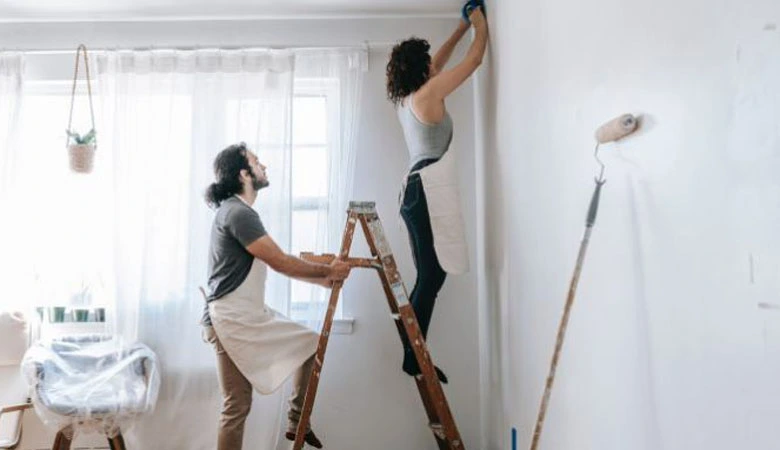
If your home or car needs any work carried out, this is the time to get it done.
Car
Make sure that your car has fuel, and that any essential maintenance has been done. If it’s approaching time for a service, or MOT, have it done before the baby comes. It will be one less thing on your mind when your baby is here.
Home
This isn’t the time to be completely renovating your home, but it is a good time to get any essential repairs out of the way. You may be able to do some minor jobs yourself, or you might want to hire someone to take care of it. Either way, it’s better to have these things done before the baby arrives.
